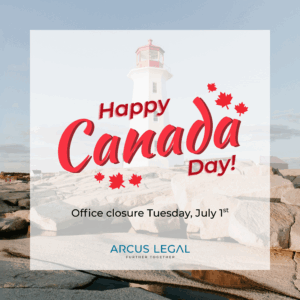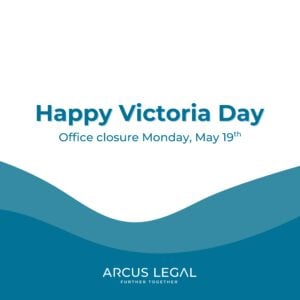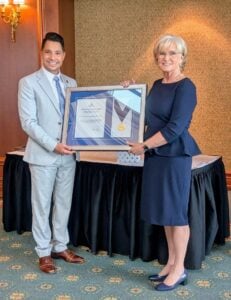Family Trust is a legal arrangement in which a person, known as the settlor, transfers assets (such as money, real estate, or investments) to a trust that is managed by one or more trustees for the benefit of designated beneficiaries. The beneficiaries are typically family members, such as a spouse, children, or grandchildren.
In Nova Scotia, Family Trusts can be established as either an Inter Vivos Trust (created during the settlor’s lifetime) or a Testamentary Trust (created upon the settlor’s death through their Will). Family Trusts can offer various benefits, including:
1. Tax planning: A Family Trust can help minimize taxes under very specific circumstances and mostly in the case where there is a sale of an active business owned by the trust. It is important to know that according to the income tax rules in Canada a trust is deemed to have disposed of its assets after 21 years and the Family Trust is then liable for any capital gains taxes on the deemed disposed assets.
2. Asset protection: Trust assets are legally separate from the settlor’s and beneficiaries’ personal assets, which can provide protection from creditors or legal claims.
3. Estate planning: By transferring assets to a trust, the settlor can avoid probate fees and maintain privacy, as trust assets are not subject to the public probate process. Additionally, a trust can help ensure that assets are distributed according to the settlor’s wishes and provide ongoing financial support to beneficiaries.
4. Control and management: The settlor can establish specific terms and conditions for the management and distribution of trust assets, ensuring that the assets are used according to their intentions. This can be particularly beneficial in cases where beneficiaries are minors, financially inexperienced, or have special needs.
5. Generational planning: A Family Trust can help preserve and transfer wealth across generations by setting out a long-term plan for the management and distribution of assets.
Setting up a Family Trust in Nova Scotia requires careful planning and consideration of various legal, tax, and financial aspects. It is essential to consult with a lawyer, accountant, or financial advisor experienced in trust planning to ensure that a Family Trust is the right solution for your specific situation and to help you navigate the complex process of establishing and managing a trust.





